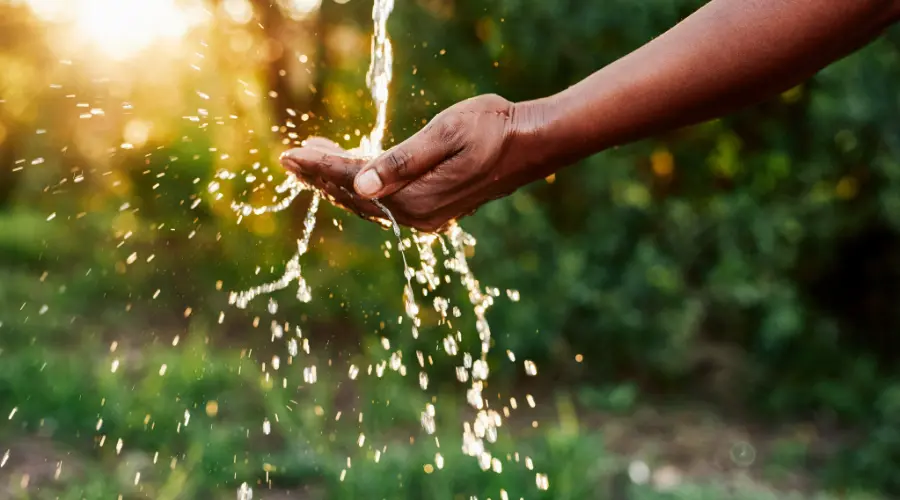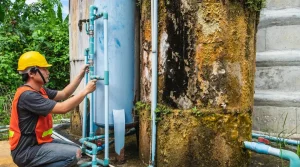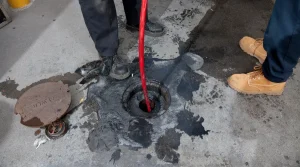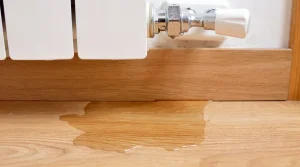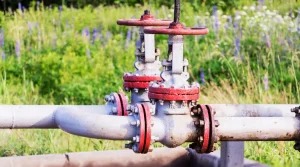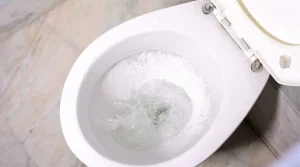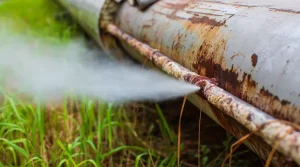Water conservation is crucial for homeowners who want to save money, protect natural resources, and contribute to environmental sustainability. Simple changes inside and outside the home can lead to significant water savings, reduce utility costs, and promote a healthier ecosystem.
Key Takeaways:
- Conserving water not only lowers utility costs but also preserves essential water resources.
- Simple steps, such as fixing leaks and using water-efficient appliances, can make a big difference.
- Outdoor water use, like lawn irrigation, can be optimized to prevent waste and improve efficiency.
- For fast and reliable plumbing, repair, and drain services, call North Bergen Plumbers today!
How Can Homeowners Conserve Water?
Homeowners can conserve water by making smart choices, including:
- Fixing leaks: Even small drips from faucets or pipes can waste gallons of water each day.
- Upgrading to water-efficient appliances: Using water-saving dishwashers, washing machines, and toilets can drastically reduce water consumption.
- Installing aerators on faucets: These devices maintain water pressure while reducing flow.
- Practicing efficient lawn irrigation: Watering your lawn in the early morning or late evening reduces evaporation and maximizes the benefit.
- Using rain barrels: Collecting rainwater for outdoor use helps reduce dependency on tap water for garden and lawn care.
What is Water Conservation for Homeowners?
Water conservation for homeowners involves using water more efficiently to prevent unnecessary waste. This can be achieved through sustainable habits and smart upgrades inside and outside the home. Reducing water consumption helps relieve pressure on local water supplies, protects natural habitats, and ensures that future generations have access to clean water.
Inside the home, conservation efforts might include:
- Upgrading appliances: Switching to water-efficient dishwashers, washing machines, and toilets can reduce household water use by thousands of gallons each year.
- Fixing leaks: Promptly repairing dripping faucets and running toilets prevents substantial water loss.
- Adjusting personal habits: Simple actions such as cutting down on shower time or shutting off the water supply when brushing your teeth can have a big impact.
Outdoors, water conservation includes:
- Optimizing irrigation: Watering lawns and plants during cooler times of the day prevents water loss through evaporation.
- Planting drought-resistant plants: Native or drought-tolerant vegetation requires less water, reducing the need for frequent watering.
- Using rainwater: Installing rain barrels to collect and reuse rainwater for gardens can further minimize water usage.
How Can You Conserve Water in Your Home?
Homeowners can conserve water without sacrificing comfort or convenience by adopting water-efficient practices, such as:
- Installing low-flow fixtures: Low-flow showerheads, faucets, and toilets maintain adequate water pressure while using less water.
- Fixing leaks immediately: A small leak can waste thousands of gallons over time, so prompt repairs are essential.
- Practicing smart irrigation: Watering lawns and plants in the early morning or late evening reduces evaporation. Adding a sprinkler timer helps ensure you don’t overwater.
- Recycling water: Use leftover water from cooking or rinsing vegetables to water plants.
Examples of Water Conservation for Homeowners
- Fix Leaky Faucets: A single leaking faucet can waste over 3,000 gallons of water each year. Fixing leaks is one of the easiest and most impactful water-saving measures.
- Upgrade to Energy-Efficient Appliances: Appliances like ENERGY STAR-rated washing machines and dishwashers use significantly less water than older models.
- Install a Rain Barrel: Collecting rainwater for outdoor use helps conserve treated tap water.
- Reduce Shower Time: Cutting shower times by just a couple of minutes can save several gallons of water each day.
- Use Mulch in Your Garden: Mulching surrounding plants aids in retaining soil moisture, lowering the frequency of watering requirements.
Tips for Water Conservation for Homeowners
- Install Faucet Aerators: Aerators reduce the flow of water from your taps without sacrificing water pressure, cutting water use by up to 50%.
- Choose Native Plants: Landscaping with native plants that are adapted to your local climate reduces the need for constant watering.
- Turn Off the Tap: Whether brushing your teeth, washing your face, or rinsing dishes, turning off the tap while not actively using the water can save hundreds of gallons per year.
- Monitor Your Water Meter: Regularly check your water meter for leaks. If the meter changes when no water is being used, you likely have a leak that needs attention.
- Use a Sprinkler Timer: A timer helps avoid overwatering your lawn and ensures you’re watering at the optimal time of day to prevent evaporation.
FAQ
How much water can a homeowner save by fixing leaks?
Fixing leaks can save up to 10% on water bills and prevent thousands of gallons of wasted water each year.
What are the best appliances for water conservation?
Energy-efficient dishwashers, washing machines, and low-flow toilets are some of the best options for reducing water use.
Is rainwater safe to use for plants and gardens?
Yes! Rainwater is free from the chemicals found in tap water and is an excellent resource for watering plants and gardens.
How can I tell if my home has a hidden leak?
Check your water meter when no water is being used. If it changes, you may have a hidden leak that needs fixing.
What are some simple ways to reduce water waste in the kitchen?
Use a dishwasher instead of hand-washing, collect excess water for plants, and avoid letting the tap run unnecessarily.
Conclusion
Water conservation is easier than you think and can have a significant impact on your home budget and the environment. By making small adjustments—such as fixing leaks, upgrading to water-efficient fixtures, and using rain barrels—homeowners can significantly reduce water waste while maintaining convenience and comfort. Not only will these efforts lower utility bills, but they will also help ensure a sustainable water supply for future generations, contributing to a greener planet. Reach out to BJC Plumbers North Bergen today to explore your repiping options and ensure your home’s plumbing operates flawlessly. Your home deserves the best care!

